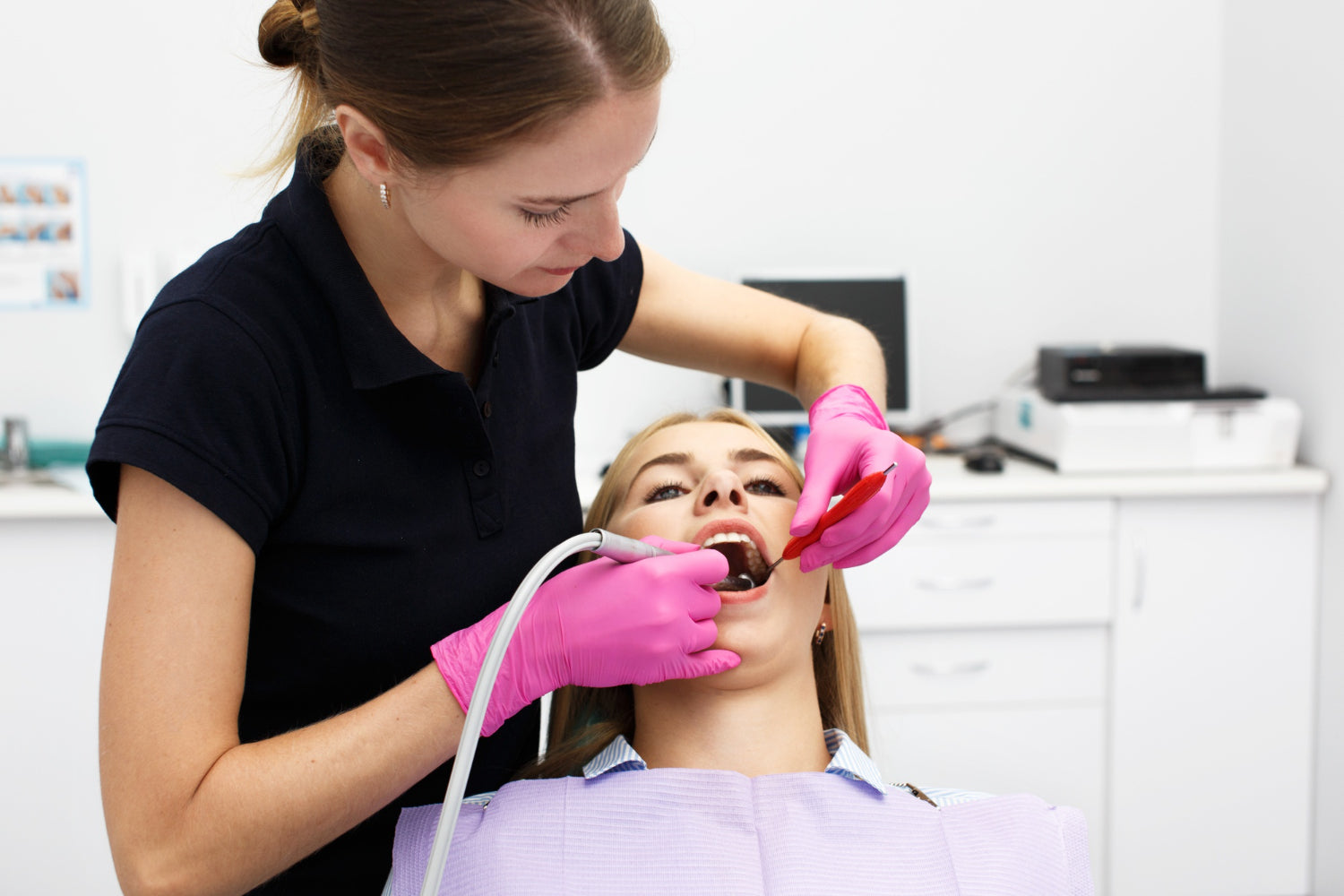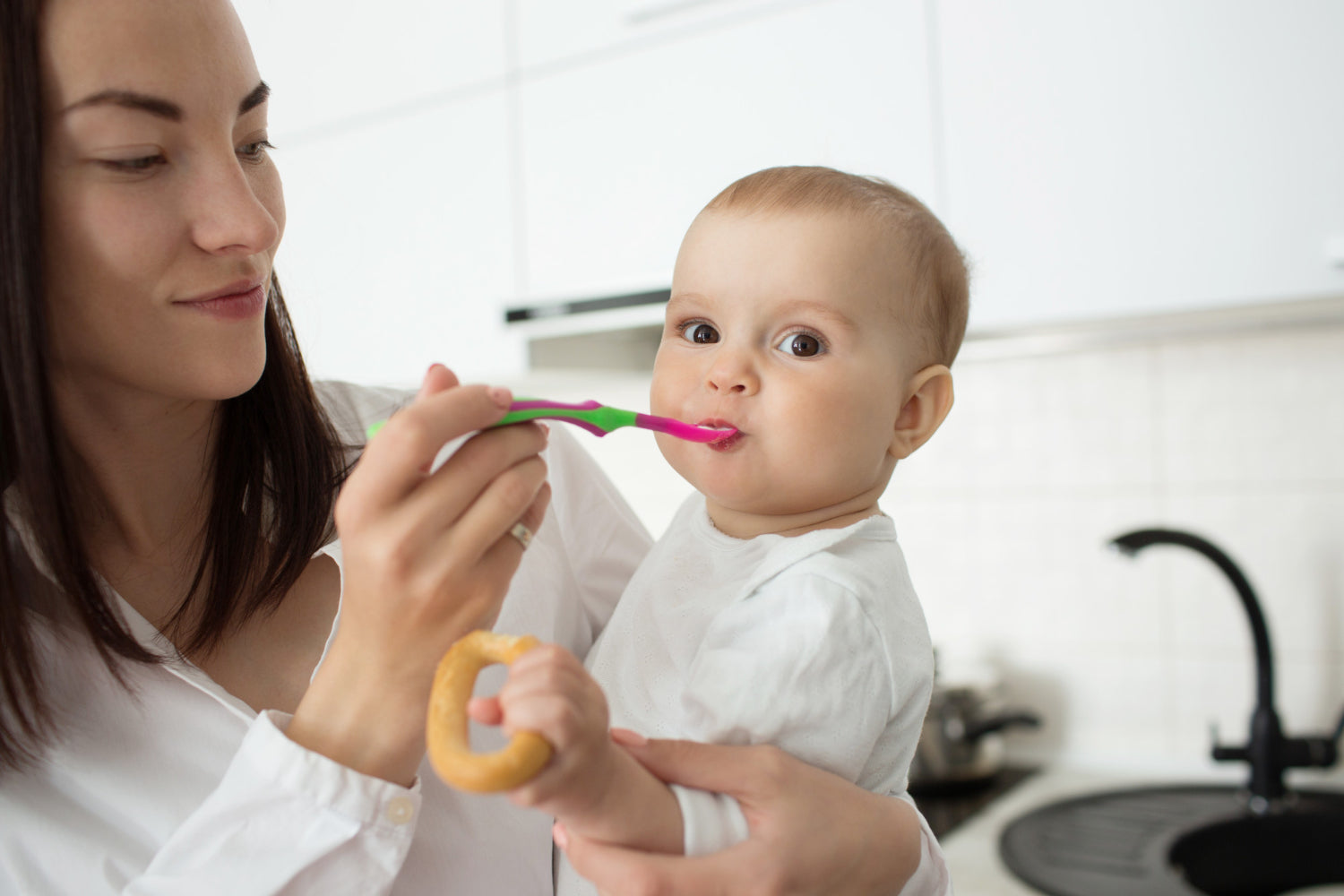Brushing teeth is part of the daily routine for most people. Nevertheless, tooth decay and gingivitis are widespread. Dentists therefore recommend that people regularly have their teeth professionally cleaned (PZR). Doctors believe that although home oral hygiene and a healthy diet are essential, they are often not enough to counteract caries and periodontitis and keep teeth and gums healthy.
However, there are hardly any studies that prove that teeth and gums are better cared for by regular professional dental cleaning. Therefore, according to IGeL-Monitor, which evaluates the benefits and harms of individual health services (IGeL) according to scientific standards, an "unclear benefit" applies to adults without periodontitis (inflammation of the gums).
However, more than every second adult in Germany suffers from periodontitis. If the dentist diagnoses the dangerous gum inflammation, professional tooth cleaning should create optimal conditions for successful periodontitis treatment by the dentist. Afterwards, it should help to prevent a new periodontitis. So for people with gum problems, regular professional dental cleanings make perfect sense.
How a professional dental cleaning works
When teeth are cleaned - whether at home or in a dental office - the aim is always to remove the bacterial plaque. The bacteria and their metabolic products are dangerous because they cause tooth decay and gum inflammation. If plaque is not completely removed during daily oral hygiene, it gradually hardens into tartar. Tartar can no longer be removed with a normal manual toothbrush or an electric toothbrush. You have to go to a dentist or to a professional teeth cleaning.
The first step in professional teeth cleaning is to remove all plaque, including tartar. Ultrasonic and hand instruments are also used to clean hard-to-reach areas such as below the gum line and on the hard-to-reach tooth root surface. For optimal cleaning of the interdental spaces, the trained specialist also uses dental floss, abrasive paper or interdental brushes. Sometimes the so-called powder jet is also used, a mixture of water and coarse-grained powder, which removes discoloration from the teeth caused by coffee, tea, nicotine or wine.
After careful cleaning, the teeth are polished. For this purpose, polishing paste is placed on a brush or rubber and applied to the teeth in a rotating motion. Polishing smoothes the surface of the teeth, so that bacteria first find a poor grip and can cause less damage.
Finally, a fluoride gel or varnish is usually applied to harden and protect the enamel. Professional teeth cleaning takes about an hour.
Professional teeth cleaning: What about the cost?
Pre-care and also after-care play an enormous role in gingivitis, Christoph Straub, CEO of Barmer Krankenkasse, emphasized in the Tagesspiegel. In short, the formula is: no plaque, no periodontitis. Despite the high number of periodontitis sufferers, however, Straub does not see any reason to include professional teeth cleaning as a health insurance benefit.
The costs of professional teeth cleaning are not a standard benefit of statutory health insurance and usually cost between 80 and 120 euros. However, some statutory health insurers offer subsidies. This also applies to supplementary dental insurance for people with statutory health insurance. In some cases, the costs are even covered in full. It is worth asking.




Leave a comment
All comments are moderated before being published.
This site is protected by hCaptcha and the hCaptcha Privacy Policy and Terms of Service apply.